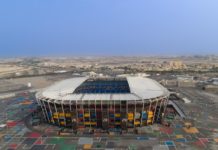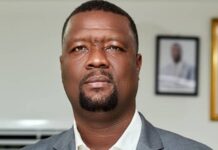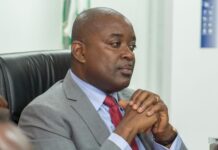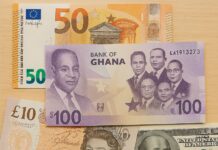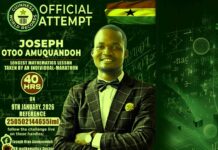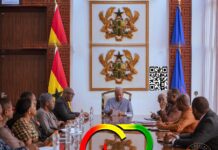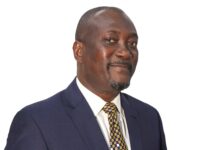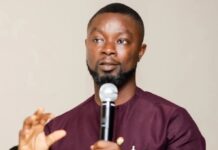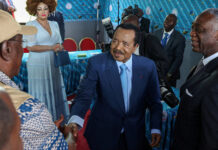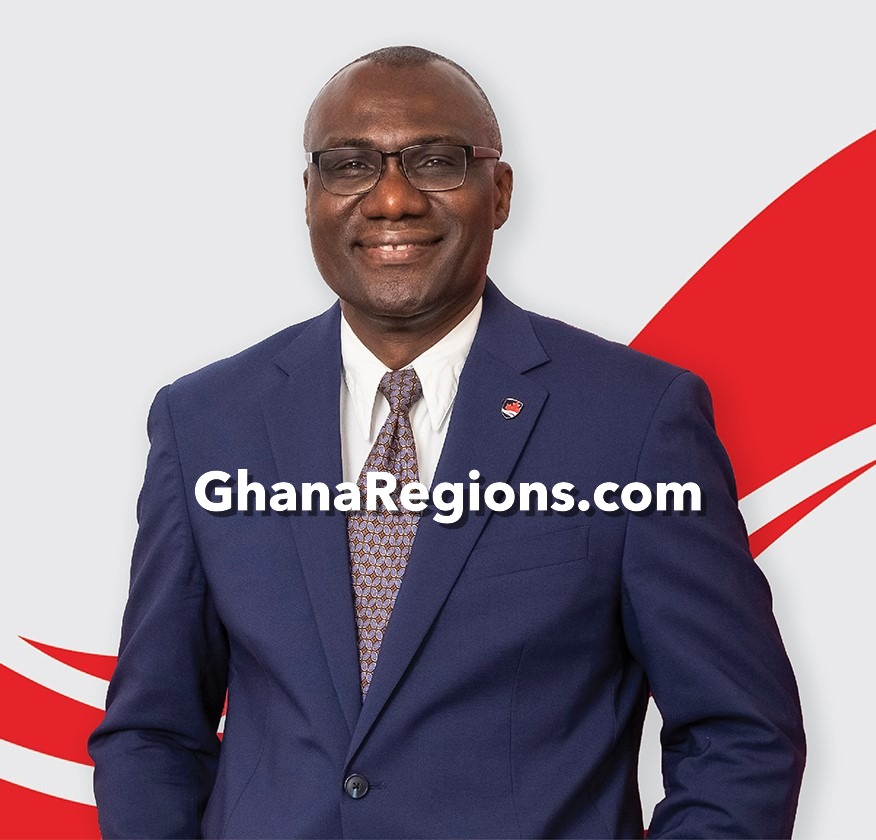
Professor Wisdom Tettey, born in Accra, Ghana, is a distinguished academic and leader with credentials from Ghana, UBC, and Queen’s. With a career spanning Queen’s, UCalgary, UBC Okanagan, UTSC, and now Carleton University, he is known for spearheading initiatives in equity, global partnerships, and institutional innovation.
As Carleton’s 17th President and Vice-Chancellor, he champions financial resilience, inclusive excellence, student-centered transformation, and deep community engagement.
Personal Background & Early Life
Born: In Accra, Ghana (exact date not publicly disclosed)
Nationality: Originally Ghanaian; now a Canadian academic and university leader
Family & Upbringing: Raised in a lower-income neighborhood, valued education and fostered a household rich in debate and intellectual curiosity among siblings and relatives
Parents: Mother was a strong proponent of education despite her limited formal schooling. Information on his father isn’t publicly detail.
Education
Bachelor’s degree and graduate diploma from the University of Ghana
Master’s degree from the University of British Columbia (Okanagan)
PhD from Queen’s University, Canada
Academic & Leadership Career
Queen’s University: Started his academic career
University of Calgary: Served as Interim Dean, Faculty of Communication & Culture
UBC Okanagan: Dean of both Irving K. Barber School of Arts & Sciences and Faculty of Creative & Critical Studies
University of Toronto Scarborough (UTSC):
Vice‑President & Principal from 2018 to 2024
Launched a strategic plan and oversaw significant fundraising, including first-ever eight-figure gifts, and led the campus to adopt the Scarborough Charter on anti‑Black racism
National & International Engagement
National Dialogues: Since 2020, convened National Dialogues and Action for Inclusive Higher Education in Canada, leading to the Scarborough Charter and an inter‑institutional forum representing ~60 institutions
Global Advisor: Consultant to the World Bank, UNDP, Africa Capacity Building Foundation, and International Association of Universities
Recognition: Fellow of the Ghana Academy of Arts and Sciences
Board Roles: CivicAction, Toronto PanAm Sports Centre, and editorial boards of academic publications.
Role at Carleton University
Appointed: April 2024; assumed office on January 1, 2025, for a five-year term.
Installation Ceremony: Held June 16, 2025, featuring cultural performances and traditional libation honoring his Ghanaian heritage
Tettey joined Carleton from the University of Toronto, where he served as Vice-President and was Principal of the Scarborough campus between 2018 and 2024.
Previously, he held the roles of Dean of the Irving K. Barber School of Arts and Sciences and of the Faculty of Creative and Critical Studies, both at the University of British Columbia’s Okanagan campus, and was Interim Dean of the Faculty of Communication and Culture at the University of Calgary.
At the national level, Tettey has since 2020 convened the National Dialogues and Action for Inclusive Higher Education and Communities, the first of which resulted in the creation of the Scarborough Charter on anti-Black racism and Black inclusion in Canadian higher education.
He chairs the Steering Committee of the Charter’s Inter-institutional Forum. The Forum currently represents about 60 Canadian universities and colleges, including Carleton.
Internationally, Tettey has served as a consultant and advisor to various global organizations, including the World Bank, the United Nations Development Programme, the Africa Capacity Building Foundation and the International Association of Universities.
He is an elected Fellow of the Ghana Academy of Arts and Sciences and serves on the advisory and editorial boards of various academic publications. He has been a board member of local and regional organizations such the Toronto PanAm Sports Centre and CivicAction.
Tettey is a professor in Carleton’s Department of Political Science. His interdisciplinary research interest and expertise includes media, politics and civic engagement in Africa; African higher education and the knowledge society; transnational citizenship and the African diaspora; representation, identity, and inclusive citizenship.



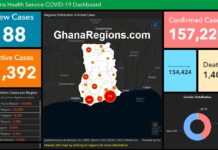
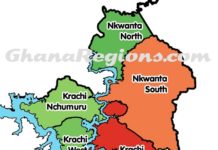
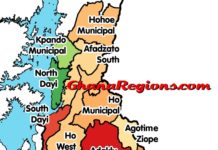
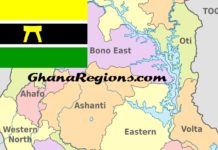

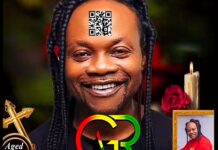


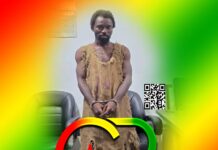


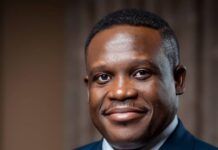




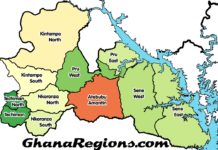
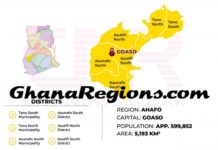

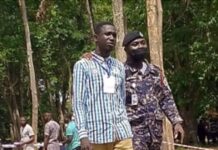
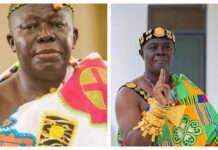
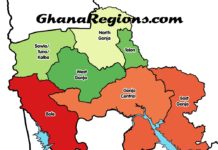

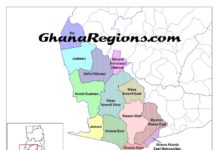
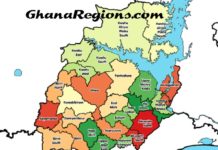




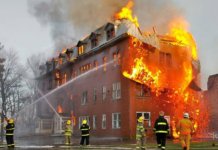


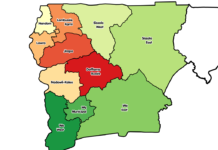
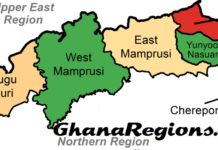
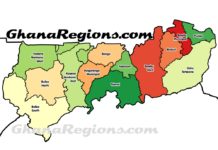
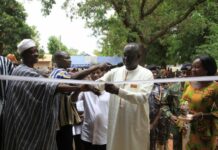










![Morocco knock out Spain on 3-0 penalties to reach FIFA World Cup 2022 quarter-final, Morocco vs Spain (0-0) (3-0) [Video]. Morocco knock out Spain on 3-0 penalties](https://ghanaregions.com/wp-content/uploads/2022/12/Watch-Morocco-vs-Spain-0-0-and-3-0-penalties-218x150.jpg)





